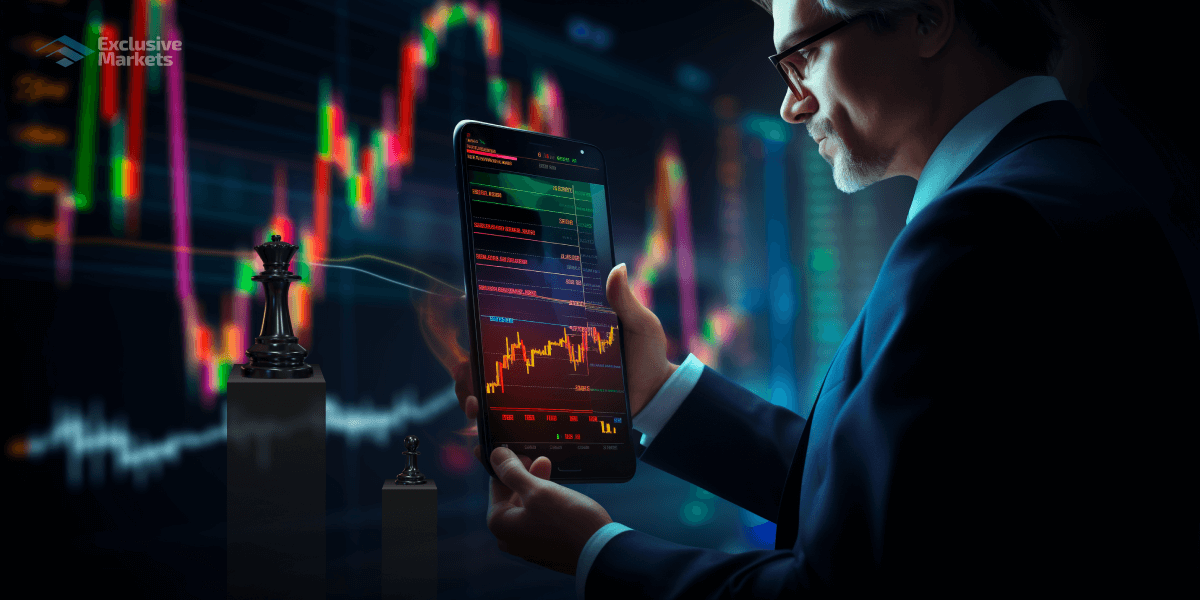Harnessing AI in Forex Trading Revolutionizing the Market

In recent years, the integration of artificial intelligence (AI) into various sectors has sparked a revolutionary change, and the world of forex trading is no exception. AI has transformed how traders analyze data, predict market movements, and execute trades, leading to more strategic decision-making processes. One of the key resources for learning about AI and trading is ai trading forex minereum.com, which provides valuable insights into the fusion of these technologies.
Forex, or foreign exchange trading, involves the trading of currencies in a decentralized marketplace. It is known for its high volatility, liquidity, and being the largest financial market in the world. Traditional trading strategies often rely on historical data and subjective analysis, which can be inherently flawed. The introduction of AI into forex trading aims to mitigate these risks by providing data-driven insights and automated trading capabilities.
The Role of AI in Forex Trading
AI in forex trading encompasses various techniques, including machine learning, natural language processing, and data mining. By leveraging these capabilities, traders are able to analyze vast amounts of data in real-time, identify patterns, and make profitable trading decisions more effectively.
1. Data Analysis and Pattern Recognition
One of the primary advantages of AI in forex trading is its ability to analyze large datasets quickly. Algorithms can sift through endless historical price data, news articles, and economic indicators to forecast future price movements. By recognizing patterns that may not be visible to human traders, AI can identify potential trading opportunities and risks with remarkable accuracy.
2. Algorithmic Trading
Algorithmic trading, powered by AI, utilizes complex mathematical models to execute trades automatically based on predefined criteria. This method eliminates emotional bias from trading decisions, leading to a more disciplined approach. Algorithms can be programmed to respond to specific market conditions, enabling rapid execution of trades at optimal prices, often within milliseconds.
3. Sentiment Analysis
Sentiment analysis, facilitated by natural language processing, allows traders to gauge market sentiment based on news articles, social media, and economic reports. AI systems can analyze the tone and context of this information, helping traders understand how broader economic factors might impact currency values. By considering market sentiment alongside technical indicators, traders can make more informed decisions.

Advantages of AI Trading in Forex
The implementation of AI in forex trading brings forth several advantages that enhance overall trading performance:
- Speed and Efficiency: AI algorithms can process and analyze data at lightning speed, allowing traders to capitalize on brief market opportunities that might be missed by human traders.
- Emotion-free Trading: By eliminating feelings of fear or greed, AI systems make objective trading decisions based purely on data and algorithms.
- 24/7 Trading: AI systems can operate around the clock, monitoring the market and executing trades without the need for human intervention, which is crucial in the fast-paced forex market.
- Increased Accuracy: AI’s analytical capabilities lead to more accurate predictions and improved trading strategies, resulting in higher profitability over time.
Challenges of AI in Forex Trading
While the advantages of AI in forex trading are significant, challenges also exist that traders should be aware of:
- Complexity of Algorithms: Developing AI algorithms requires extensive knowledge of both programming and financial markets, creating a barrier for some traders.
- Overfitting: AI models may work exceptionally well on historical data but fail in real-world trading situations due to overfitting, meaning they become too tailored to specific datasets.
- Market Volatility: Rapid changes in the market can lead AI systems to respond in unpredictable ways, potentially resulting in significant losses.
- Dependency on Technology: Relying solely on AI could lead to traders neglecting to develop their skills and understanding of market dynamics.
The Future of AI in Forex Trading
As technology continues to evolve, the future of AI in forex trading looks promising. Advancements in machine learning and data analytics will further enhance the capabilities of AI systems. The implementation of neural networks and deep learning will allow for even more sophisticated trend prediction and analysis.
Additionally, the rise of blockchain technology and decentralized finance (DeFi) could create new opportunities for AI trading systems. Smart contracts, for example, can automate trading processes while ensuring transparency and security. By integrating AI with blockchain technology, traders may benefit from enhanced trackability and risk management.
In conclusion, the fusion of AI and forex trading is transforming the landscape of the financial markets. By harnessing the power of AI, traders can gain a competitive edge, make more informed decisions, and navigate the complexities of the forex market with greater ease. However, like any emerging technology, it is crucial for traders to remain cautious, adapt to changes, and continually educate themselves to leverage AI to its full potential in their trading endeavors.